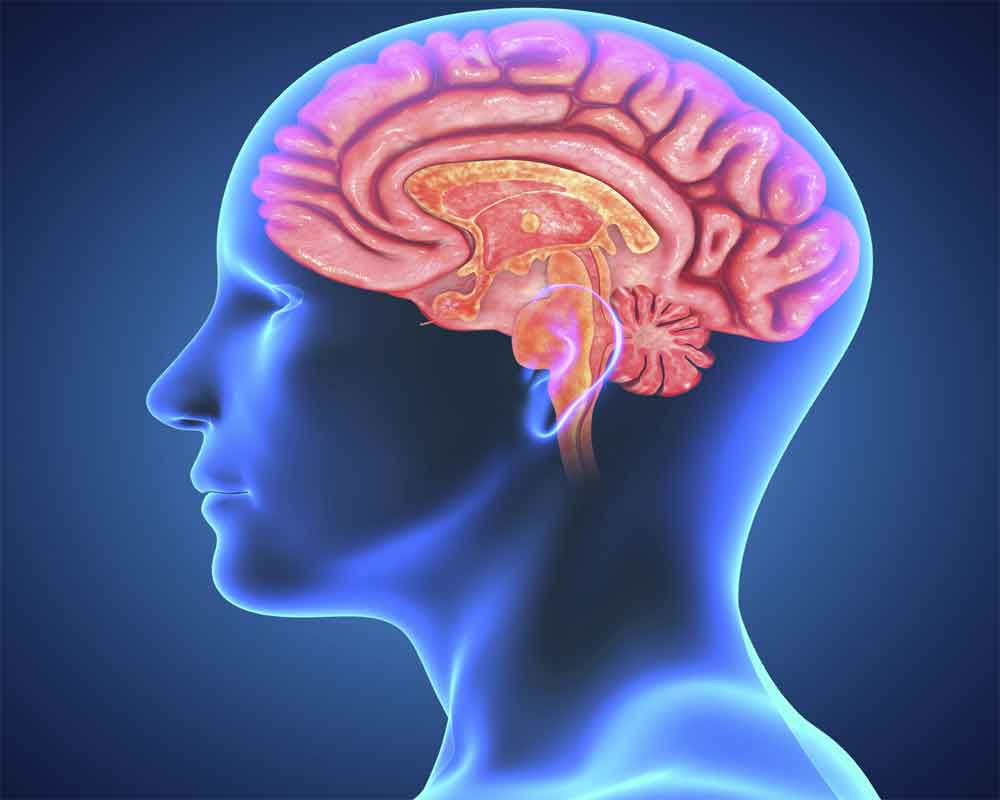Researchers have developed a novel approach that may one day make it possible to reverse memory loss, caused by Alzheimer's disease.
The team, led by University at Buffalo scientists, found that by focusing on gene changes caused by influences other than DNA sequences -- called epigenetics -- it was possible to reverse memory decline in an animal model of Alzheimer's.
"We have not only identified the epigenetic factors that contribute to the memory loss, but we also found ways to temporarily reverse them in an animal model of Alzheimer's," said Zhen Yan, Professor at University at Buffalo in the US.
The research, published in the journal Brain, was conducted on mouse models carrying gene mutations for familial Alzheimer's -- where more than one member of a family has the disease -- and on post-mortem brain tissues from Alzheimer's patients.
Alzheimer's is caused from both genetic and environmental risk factors, such as ageing, which combine to result in epigenetic changes, leading to gene expression changes, but little is known about how that occurs.
The epigenetic changes in Alzheimer's happen primarily in the later stages, when patients are unable to retain recently learned information and exhibit the most dramatic cognitive decline, Yan said.
A key reason for the cognitive decline is the loss of glutamate receptors, which are critical to learning and short-term memory.
The researchers found that the loss of glutamate receptors is the result of an epigenetic process known as repressive histone modification, which is elevated in Alzheimer's.
"Our study not only reveals the correlation between epigenetic changes and Alzheimer's, we also found we can correct the cognitive dysfunction by targeting the epigenetic enzymes to restore glutamate receptors," Yan said.
The Alzheimer's animals were injected three times with compounds designed to inhibit the enzyme that controls repressive histone modification.
In animals who received the enzyme inhibitor the cognitive function restored and was confirmed through evaluations of recognition memory, spatial memory and working memory.
The improvements lasted for one week. Future studies will focus on developing compounds that penetrate the brain more effectively and are thus longer-lasting, the researchers said.
Memory loss caused by Alzheimer's can be restored: Study
Friday, 25 January 2019 | IANS
| New York
Memory loss caused by Alzheimer's can be restored: Study
Friday, 25 January 2019 | IANS | New York


























